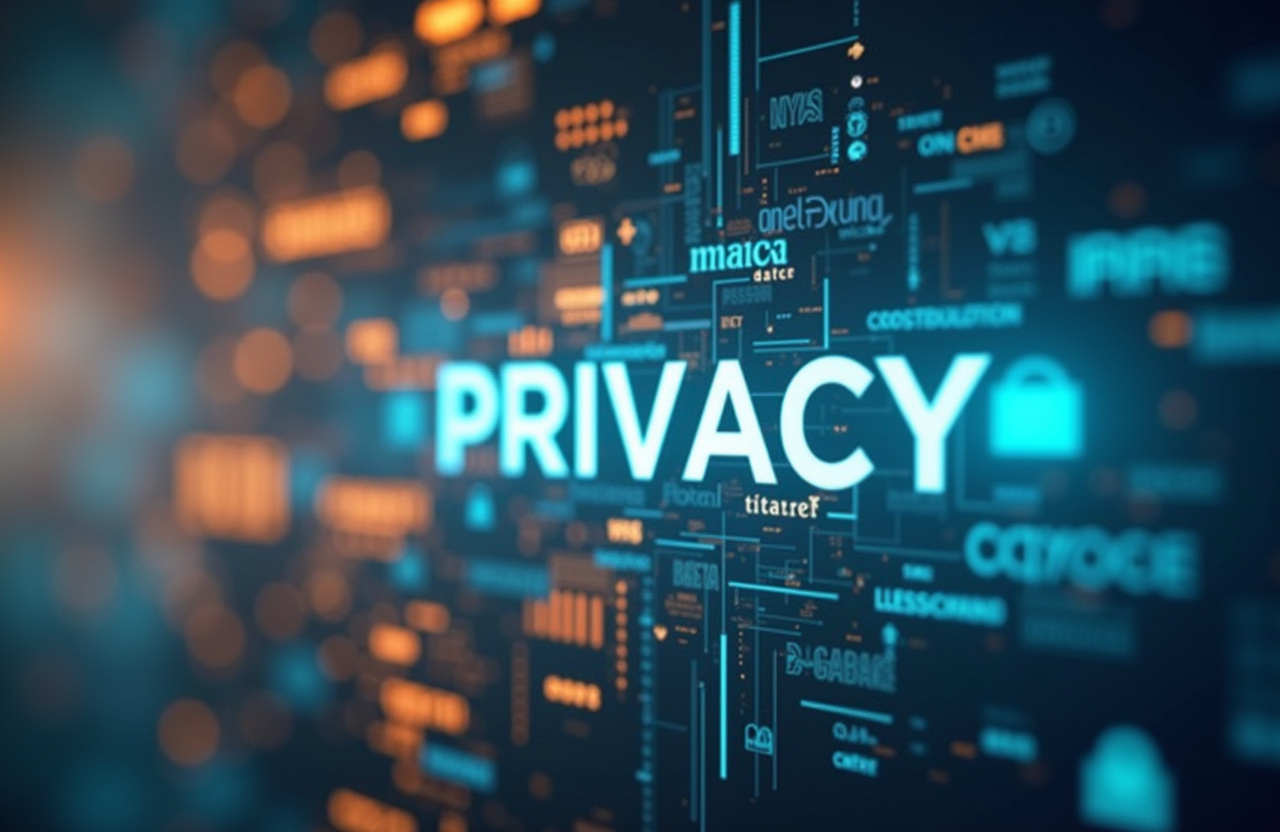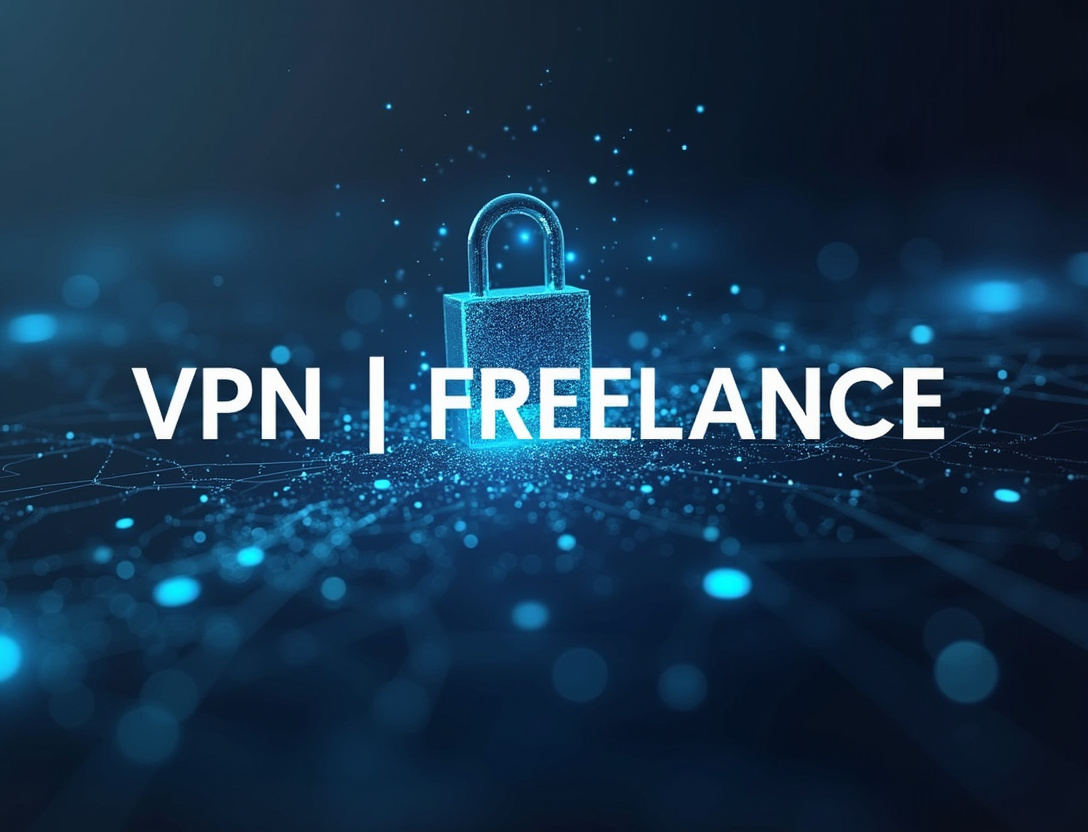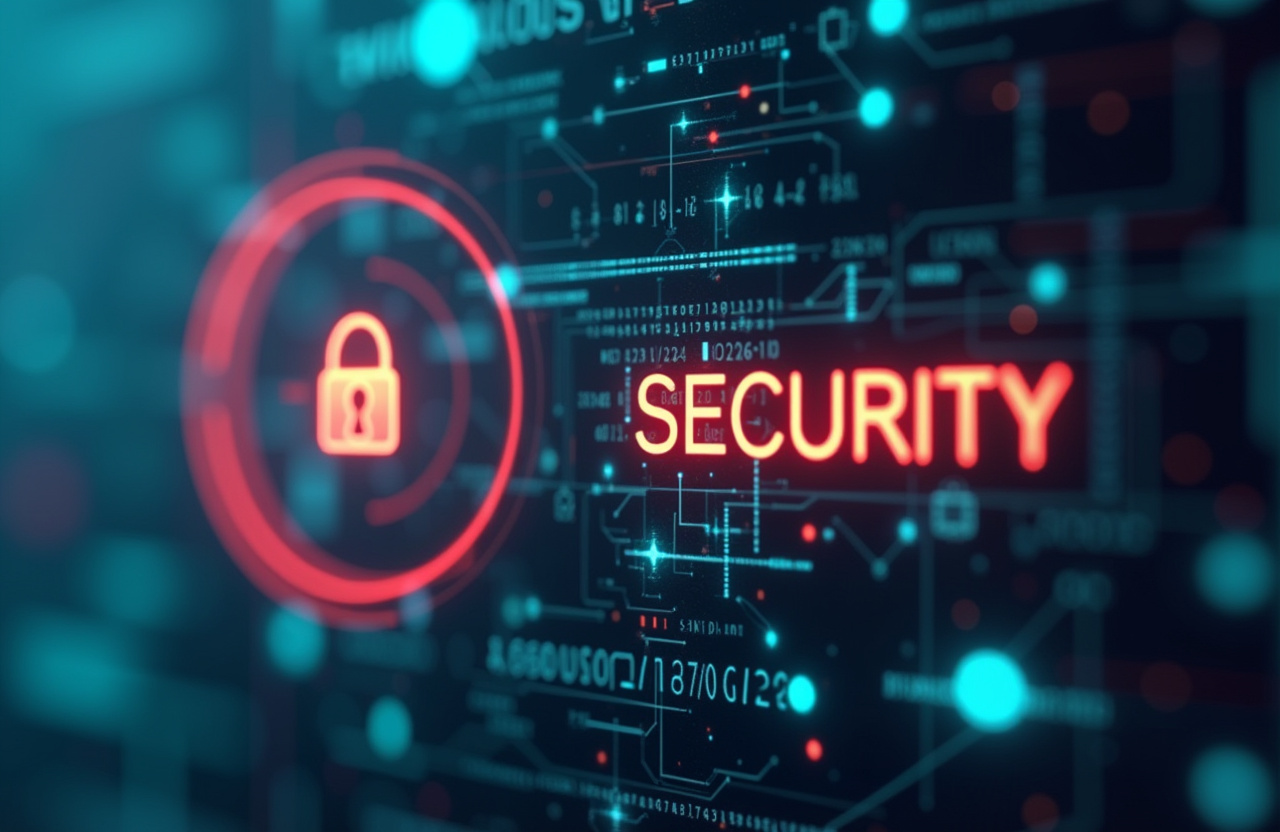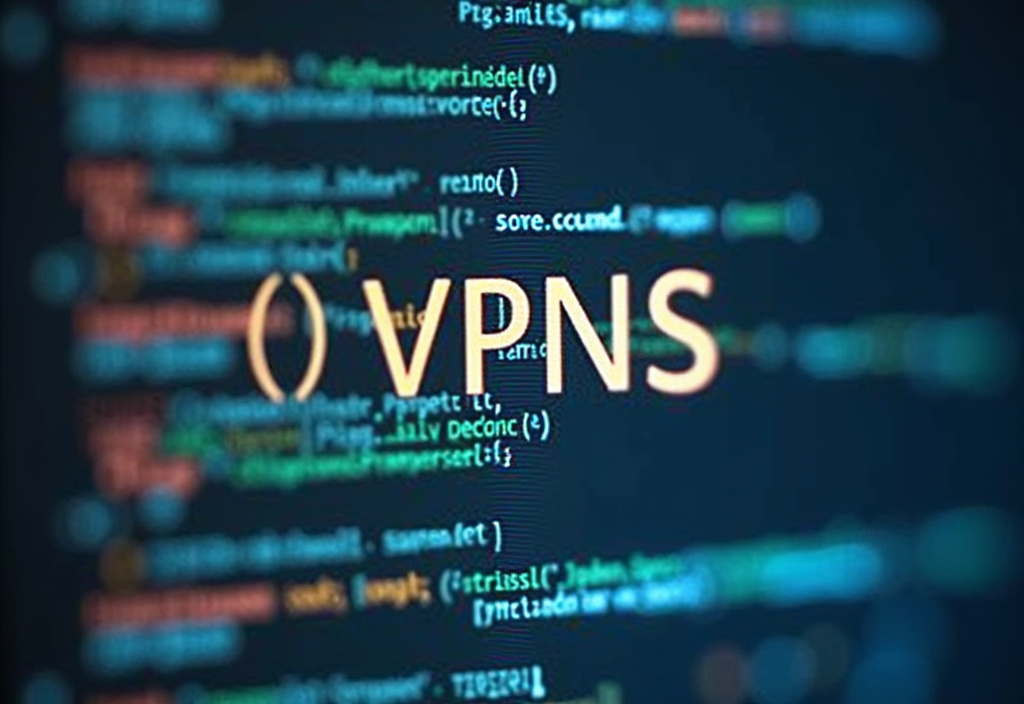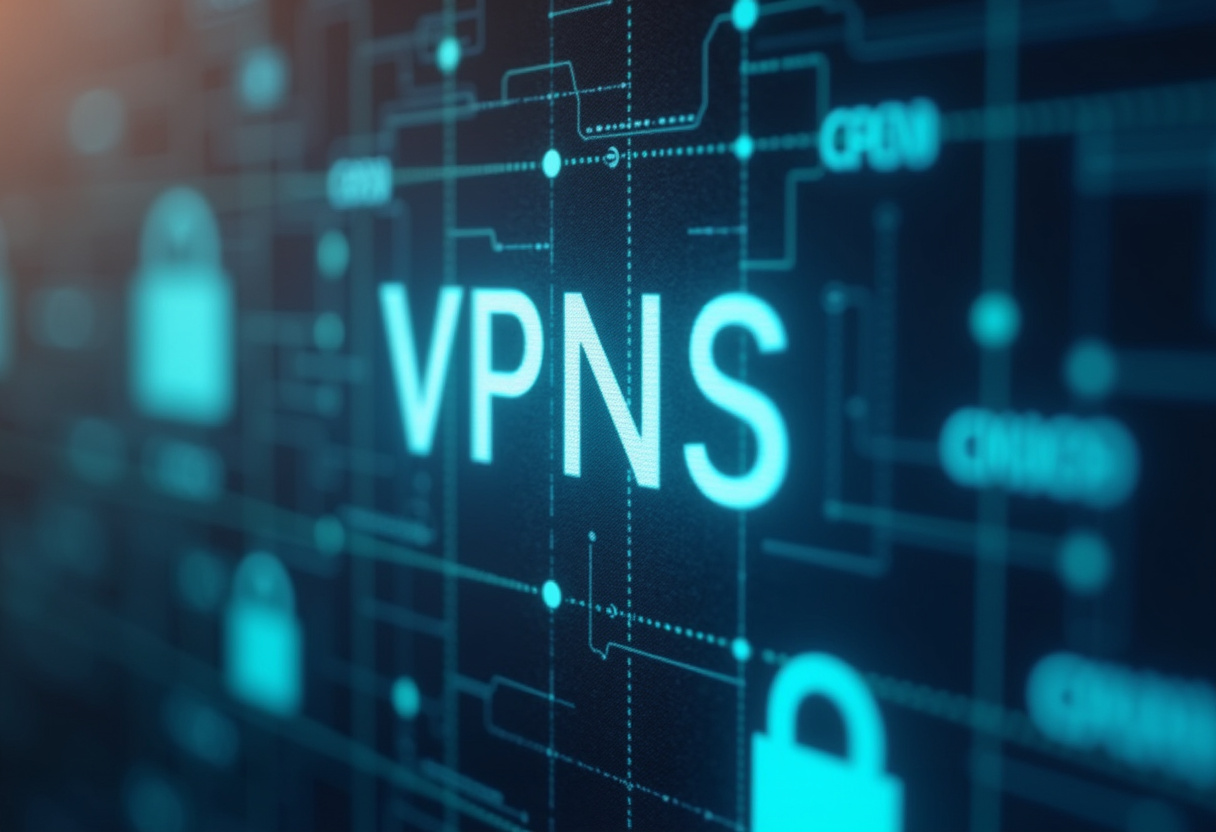VPNs and Data Mining: Protecting Personal Information
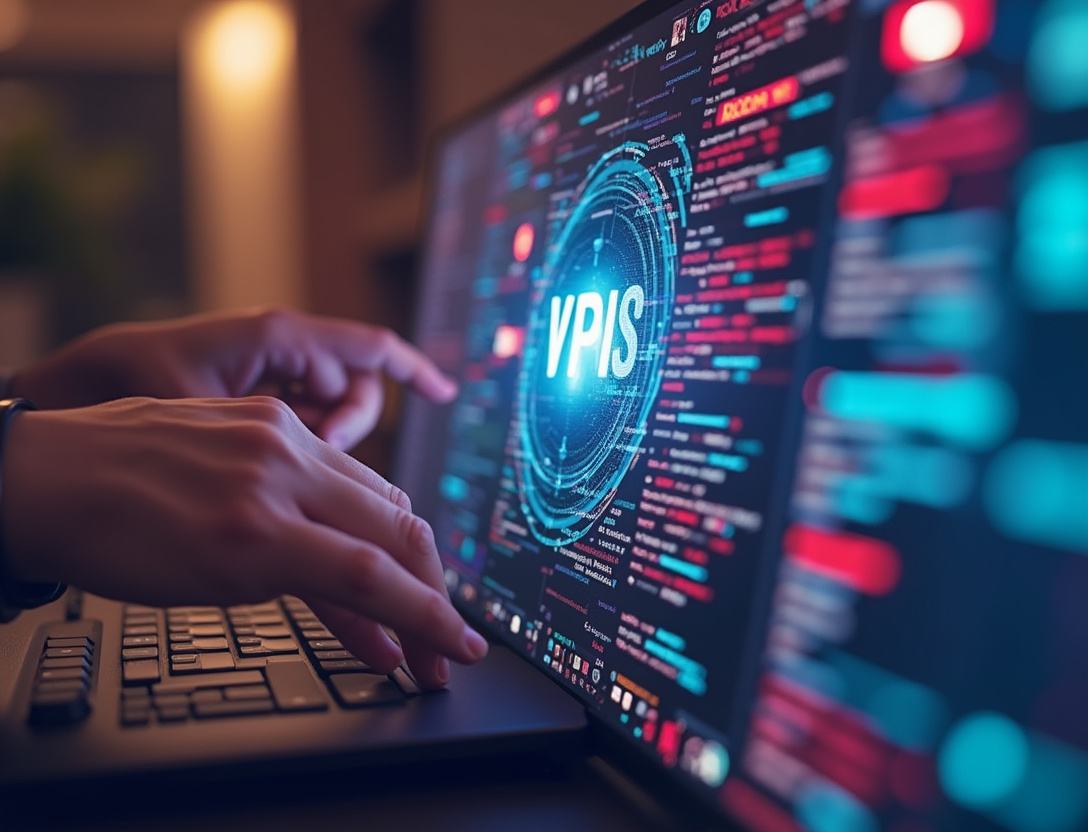
Table of Contents
VPNs for Public Wi-Fi: Protecting Personal Information
In today's interconnected world, personal information has become a valuable commodity, fueling a complex ecosystem of data collection, analysis, and monetization. Every online interaction, from browsing websites to using social media, leaves a digital trail that can be meticulously tracked and analyzed. This pervasive practice, commonly known as data mining, poses a significant threat to individual privacy and data security, potentially exposing sensitive personal information to unwanted scrutiny and misuse.
Recognizing the inherent vulnerabilities in our digital landscape is the first step towards taking proactive measures to protect ourselves. In this article, we delve into the intricate relationship between VPNs (Virtual Private Networks) and the protection of personal information, exploring how these tools can act as a shield against the pervasive practice of data mining. Understanding the motivations behind data mining, the specific threats it poses, and how a privacy-focused VPN can mitigate these risks is crucial for safeguarding our digital identities and maintaining control over our personal data.
Data mining, at its core, involves extracting valuable patterns and insights from vast datasets. Businesses and organizations across various sectors rely on data mining to understand consumer behavior, personalize marketing campaigns, and improve operational efficiency. While legitimate applications of data mining exist, such as enhancing customer service or developing new products tailored to specific needs, the potential for misuse is substantial.
The ability to create detailed profiles of individuals, encompassing their interests, habits, beliefs, and even sensitive personal characteristics, raises serious ethical and privacy concerns. This information can be exploited for targeted advertising, price discrimination, political manipulation, or even identity theft and fraud. The sheer scale and sophistication of data mining operations make it increasingly challenging for individuals to control their personal information.
Social media platforms, search engines, e-commerce websites, and countless other online services collect vast amounts of data about their users, often through tracking technologies like cookies, web beacons, and sophisticated algorithms. This data is then aggregated, analyzed, and sold to third parties without explicit consent, blurring the lines between legitimate data collection and privacy invasion. Moreover, data breaches and security vulnerabilities can expose sensitive personal information to malicious actors, who may use it for identity theft, financial fraud, or other nefarious purposes.
The consequences of data mining can range from annoying targeted advertisements to more serious harms, such as financial loss, reputational damage, and emotional distress. In the face of these challenges, a privacy-focused VPN emerges as a powerful tool for protecting personal information and mitigating the risks associated with data mining. By encrypting internet traffic and masking IP addresses, a VPN creates a secure and private tunnel for online activity.
Encryption scrambles data, rendering it unreadable to third parties who may attempt to intercept it. Masking IP addresses prevents websites and other online services from tracking users' locations and browsing habits. By routing internet traffic through a secure server in a different location, a VPN effectively hides the user's true IP address, making it difficult to identify and track them online.
This is particularly crucial when using public Wi-Fi networks, which are often unsecured and vulnerable to eavesdropping. A VPN can also help to circumvent censorship and access restricted content, allowing users to access information freely and anonymously, bypassing geographical restrictions and government surveillance. Choosing the right VPN is paramount for maximizing privacy and security.
Not all VPNs are created equal, and some may even engage in questionable practices, such as collecting and selling user data. It's essential to select a VPN with a strong track record of privacy protection, a transparent privacy policy, and robust security features. A reputable VPN will prioritize user privacy and data security above all else, adhering to strict no-logs policies and employing advanced encryption protocols to ensure that user data remains confidential and protected.
Enhancing Project Data Protection with VPNs
The essence of personal information protection lies in empowering individuals with the right to control their own data and ensuring accountability for those who collect and process it. This encompasses a broad spectrum of rights, including the right to access, correct, and delete personal information, the right to object to the processing of personal data for certain purposes, and the right to data portability, allowing individuals to transfer their data from one service provider to another. These rights are grounded in the fundamental principle that individuals should have autonomy over their personal data and the ability to make informed decisions about how it is collected, used, and shared.
Various legal frameworks have been established to strengthen personal information protection and hold organizations accountable for data breaches and privacy violations. The General Data Protection Regulation (GDPR) in Europe, considered one of the most comprehensive data protection laws globally, sets stringent requirements for the processing of personal data and grants individuals extensive rights over their data. Similarly, the California Consumer Privacy Act (CCPA) in the United States provides California residents with significant rights regarding their personal information, including the right to know what personal information is collected about them, the right to delete their personal information, and the right to opt-out of the sale of their personal information.
Despite these legal advancements, individuals continue to face significant hurdles in effectively protecting their personal information online. Data mining techniques are becoming increasingly sophisticated, employing advanced algorithms and machine learning to extract insights from vast datasets. Many companies collect and use data in ways that are often opaque and difficult for individuals to detect or control.
The complexity of online tracking mechanisms, the lack of transparency in data processing practices, and the sheer volume of online services and platforms make it challenging for individuals to keep track of their data and exercise their rights effectively. Furthermore, the global nature of the internet and the cross-border flow of data complicate the enforcement of data protection laws. In this increasingly complex environment, a privacy VPN can serve as a valuable tool for empowering individuals to reclaim control over their personal information and mitigate the risks associated with data mining.
By encrypting internet traffic and masking IP addresses, a VPN can prevent companies from collecting and using data without explicit consent. It can also help to circumvent tracking technologies, such as cookies and web beacons, and access content anonymously, reducing the amount of personal information that is exposed online. A privacy VPN can be used to bypass geographical restrictions and access content that is not available in certain regions, granting individuals access to a wider range of information and services.
This can be particularly useful for individuals who travel frequently or who want to access content from other countries. However, it's crucial to be aware of the terms of service of online services and the potential legal implications of using a VPN to bypass geographical restrictions. When selecting a VPN for personal information protection, several key factors should be considered.
The VPN's location is an important consideration, as VPNs that are based in countries with strong privacy laws, such as Switzerland or Iceland, are generally more reliable than those based in countries with weaker privacy laws. A VPN's logging policy determines whether the VPN provider collects and stores user data. A no-logs VPN is one that does not collect or store any user data, ensuring that user activity remains private and anonymous.
The security protocols used by a VPN are also critical for its security. Strong encryption protocols, such as AES-256, provide a high level of security, while weaker encryption protocols may be more vulnerable to attack. Features such as a kill switch, which automatically disconnects the internet connection if the VPN connection drops, and DNS leak protection, which prevents DNS requests from being exposed to the ISP, can further enhance privacy and security.
Privacy VPNs stand apart from standard VPN services by prioritizing user privacy and data security as their fundamental principles. These VPNs are engineered with a specific focus on minimizing data collection, maximizing anonymity, and providing robust protection against various online threats, including data mining, tracking, and surveillance. They typically offer a suite of features designed to safeguard user privacy, going beyond the basic encryption and IP masking provided by conventional VPNs.
One of the defining characteristics of a privacy VPN is its strict no-logs policy. This policy ensures that the VPN provider does not collect or store any user data, including browsing history, connection logs, IP addresses, or any other information that could be used to identify or track users. This commitment to data minimization is crucial for protecting user privacy and preventing the VPN provider from becoming a potential source of data breaches or government surveillance.
In addition to a no-logs policy, privacy VPNs typically employ strong encryption protocols, such as AES-256, to safeguard user data from interception and unauthorized access. This encryption ensures that all internet traffic is scrambled and rendered unreadable to third parties, including ISPs, government agencies, and malicious actors. Privacy VPNs also incorporate various leak protection mechanisms to prevent DNS leaks and WebRTC leaks, which can expose user IP addresses and browsing activity.
DNS leaks occur when a user's DNS requests are not routed through the VPN server, allowing the ISP to track their online activity. WebRTC leaks occur when a user's IP address is exposed through the WebRTC protocol, which is used by many web browsers for video and audio communication. A reliable privacy VPN will implement measures to prevent both of these types of leaks, ensuring that user IP addresses remain hidden.
Beyond these core features, some privacy VPNs offer advanced functionalities to further enhance user privacy and security. A kill switch automatically disconnects the internet connection if the VPN connection drops, preventing data from being exposed if the VPN connection is interrupted. Split tunneling allows users to choose which traffic is routed through the VPN and which traffic is routed through their regular internet connection, providing greater flexibility and control over their online activity.
Obfuscation techniques, such as masking VPN traffic to make it appear as regular internet traffic, can help to circumvent VPN blocking and censorship in restrictive environments. When selecting a privacy VPN, it's crucial to carefully evaluate the VPN provider's reputation, transparency, and commitment to privacy. Look for VPN providers that have undergone independent audits to verify their no-logs policies and security practices.
Read user reviews and testimonials to get a sense of the VPN's reliability and performance. Pay attention to the VPN's jurisdiction and the privacy laws in that jurisdiction. Choose a VPN provider that is based in a country with strong privacy laws and a commitment to protecting user data.
Evaluating the privacy policies and terms of service of different VPN providers is also essential. Understand what data the VPN provider collects, how it uses that data, and with whom it shares that data. Select a VPN provider that has a clear and transparent privacy policy that is easy to understand.
Finally, consider the VPN's price and features. Privacy VPNs typically offer more advanced features and a greater commitment to privacy, but they may also be more expensive than standard VPN services. Weigh the costs and benefits of different VPN providers and choose the one that best meets your needs and budget.
Securing Online Platforms with VPNs for Services
Data security encompasses the practices and technologies used to protect digital information from unauthorized access, use, disclosure, disruption, modification, or destruction. It's a multifaceted discipline that spans various aspects of information technology, including network security, endpoint security, data encryption, access control, and vulnerability management. The increasing reliance on digital data in all facets of life has made data security a critical concern for individuals, businesses, and governments alike.
Data breaches and cyberattacks are becoming increasingly frequent and sophisticated, resulting in significant financial losses, reputational damage, and privacy violations. Protecting personal information is a core component of data security, requiring organizations to implement appropriate technical and organizational measures to safeguard sensitive data from unauthorized access and misuse. This includes implementing strong access controls to restrict access to personal information to authorized personnel only, encrypting personal information both in transit and at rest, and regularly monitoring systems for security vulnerabilities.
Data security also involves educating employees about data security risks and best practices to prevent accidental data breaches or phishing attacks. Regular security awareness training can help employees recognize and avoid common security threats, such as phishing emails, malware, and social engineering attacks. In the context of VPNs, data security is paramount.
A VPN's primary function is to create a secure and encrypted connection between a user's device and the internet, protecting data from eavesdropping and interception. However, the security of a VPN connection depends on several factors, including the encryption protocols used, the security of the VPN server, and the VPN provider's security practices. Choosing a VPN with strong encryption protocols, such as AES-256, is essential for ensuring the confidentiality of data transmitted over the VPN connection.
The AES-256 encryption algorithm is widely regarded as one of the most secure encryption algorithms available and is used by governments and security agencies worldwide. The security of the VPN server is also a critical consideration. A VPN server that is vulnerable to hacking or malware infection can compromise the security of all VPN connections that pass through it.
Therefore, it's important to choose a VPN provider that invests in the security of its servers and regularly monitors them for vulnerabilities. The VPN provider's security practices also play a vital role in maintaining the security of VPN connections. A VPN provider that logs user data or shares data with third parties can compromise user privacy and security.
Therefore, it's important to choose a VPN provider that has a strict no-logs policy and a commitment to protecting user data. In addition to these technical measures, users can take several steps to enhance their data security when using a VPN. This includes using strong passwords, enabling two-factor authentication, and keeping their devices and software up to date with the latest security patches.
Users should also be cautious about clicking on suspicious links or opening attachments from unknown senders, as these may contain malware or phishing attacks. Regularly monitoring their accounts for unauthorized activity and reporting any suspicious activity to the VPN provider or law enforcement is also crucial for protecting their data security. By combining a secure VPN connection with sound data security practices, individuals can significantly reduce their risk of data breaches, cyberattacks, and privacy violations.
The Future of VPNs: Evolution in Subscription Services
Information privacy, a cornerstone of individual autonomy and societal well-being, revolves around the right of individuals to control the collection, use, and disclosure of their personal information. It's a fundamental human right recognized in various international declarations and national constitutions, reflecting the belief that individuals should have the power to decide how their personal data is handled. This right encompasses various facets, including the right to be informed about the collection and use of their personal information, the right to access and correct their personal information, the right to object to the processing of their personal information, and the right to have their personal information deleted.
However, the digital age presents unprecedented challenges to information privacy. The vast amount of data generated and collected online, coupled with sophisticated data mining and surveillance technologies, has eroded individual control over personal information. Individuals are often unaware of how their data is being collected, used, and shared, and they lack the tools and resources to effectively protect their privacy.
The increasing prevalence of data breaches and cyberattacks further exacerbates the problem, exposing sensitive personal information to unauthorized access and misuse. In this context, VPNs play a crucial role in safeguarding information privacy by providing individuals with the tools to control their online activity and protect their personal data from unwanted surveillance and data mining. By encrypting internet traffic and masking IP addresses, VPNs empower individuals to browse the internet anonymously and prevent websites, ISPs, and government agencies from tracking their online activity.
This anonymity can be particularly important for individuals who are concerned about government surveillance, censorship, or discrimination. VPNs also enable individuals to circumvent geographical restrictions and access content that is not available in their region. This can be particularly useful for accessing news and information from different countries, protecting freedom of speech and access to information.
However, it's crucial to use VPNs responsibly and to be aware of the potential legal implications of bypassing geographical restrictions or accessing illegal content. When using a VPN to protect information privacy, it's important to choose a VPN provider that is committed to protecting user privacy and has a strong track record of security. Look for VPN providers that have a strict no-logs policy, use strong encryption protocols, and offer leak protection mechanisms.
Read the VPN provider's privacy policy and terms of service carefully to understand how they collect, use, and share user data. Consider the VPN provider's jurisdiction and the privacy laws in that jurisdiction. Choose a VPN provider that is based in a country with strong privacy laws and a commitment to protecting user data.
In addition to using a VPN, individuals can take other steps to protect their information privacy online. This includes using strong passwords, enabling two-factor authentication, using privacy-focused browsers and search engines, and being cautious about sharing personal information online. Regularly reviewing their privacy settings on social media and other online platforms can help individuals control what information is shared publicly.
Being aware of the data collection practices of websites and apps and opting out of data tracking whenever possible is also crucial for protecting their information privacy. By combining the use of a VPN with sound information privacy practices, individuals can significantly enhance their control over their personal information and protect their privacy in the digital age, fostering a more secure and equitable online environment where individuals can exercise their rights and freedoms without fear of surveillance or discrimination.
Stay Updated
Get the latest VPN news, tips, and exclusive deals to your inbox.
